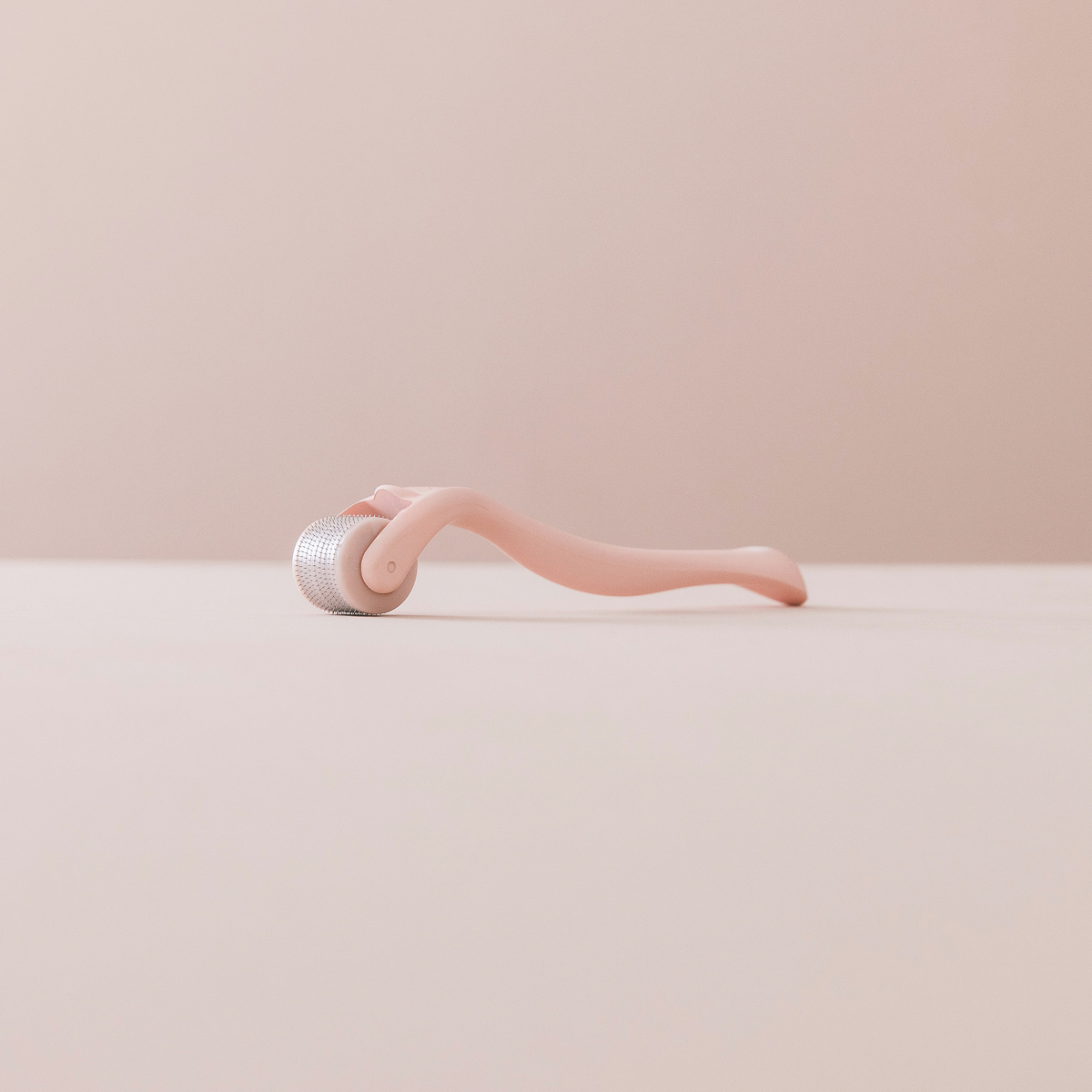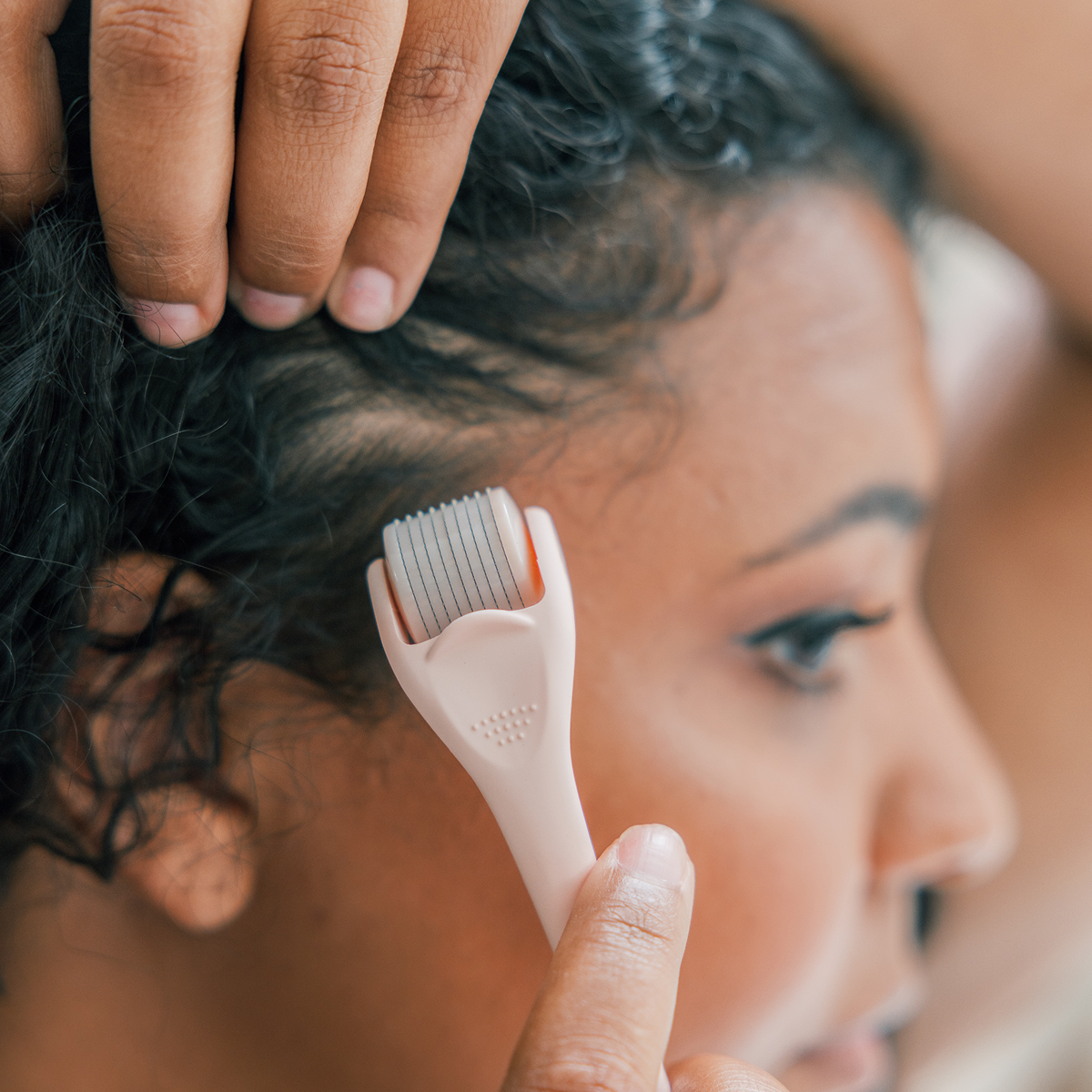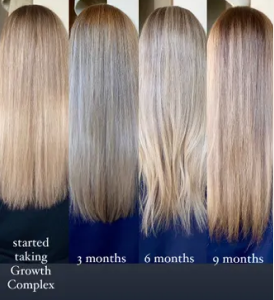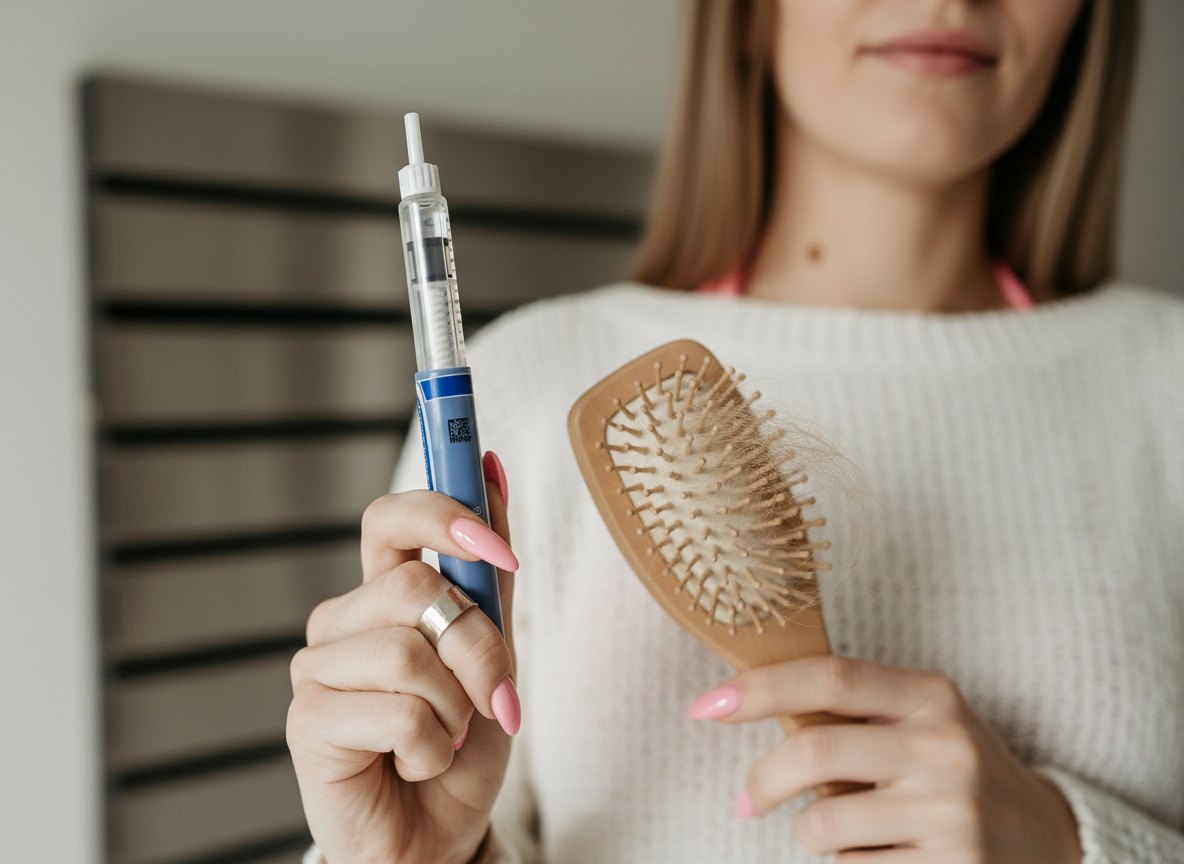If your hair feels dry, dull, brittle, or hard to manage—no matter what products you use—the problem might be your *water*, not your routine. Hard water affects millions of households, and unfortunately, it can be a silent saboteur of healthy hair.
What Is Hard Water?
Hard water contains high levels of dissolved minerals, especially calcium and magnesium. While these minerals are not harmful to your health, they can wreak havoc on your skin and hair over time. You’ll find hard water in many parts of the U.S., especially in areas that rely on well water or untreated groundwater sources.
How Hard Water Affects Your Hair
- Buildup: Minerals can coat your hair shaft, leading to a heavy, filmy feel and preventing moisture from getting in.
- Dryness: The mineral film blocks your conditioner and serums from penetrating, leaving your hair dry and brittle.
- Breakage: Weakened hair is more prone to breakage, especially at the ends and along the hairline.
- Color Fading: Hard water can strip color-treated hair, causing it to fade more quickly or take on brassy tones.
- Scalp Issues: Buildup can also clog hair follicles, leading to flaking, itching, or even hair shedding.
Signs You Might Have Hard Water
- Your shampoo doesn’t lather well
- You feel a “film” on your skin or hair after rinsing
- You notice white residue on faucets or showerheads
- Your hair feels rough or tangles easily after washing
- Increased frizz or lack of shine, even with your normal products
How to Test for Hard Water
You don’t need lab equipment to find out if your water is hard. Try this quick DIY test:
- Fill a clear bottle with tap water (about ⅓ full).
- Add a few drops of liquid soap (not detergent-based).
- Shake well.
- If the water forms a bubbly lather, your water is likely soft. If it stays cloudy or barely lathers, you probably have hard water.
You can also purchase inexpensive water hardness test strips online or at home improvement stores for more accurate results.
What You Can Do About It
Thankfully, hard water damage isn’t permanent—and there are ways to protect your hair:
- Install a shower filter: A quality filter can significantly reduce mineral content and protect your hair and skin.
- Use a clarifying shampoo weekly: This helps remove mineral buildup and resets your hair’s natural shine and softness.
- Rinse with distilled water: If you can’t filter your shower, rinsing your hair with distilled water after washing can reduce residue.
- Deep condition regularly: Focus on restoring moisture to your strands after exposure to hard water.
- Get regular trims: Removing split ends will help keep your hair stronger and healthier as you treat the issue at its root.
Don’t Let Your Shower Sabotage Your Strands
Hard water might be invisible, but its impact on your hair is very real. Understanding what's coming out of your showerhead is the first step toward protecting your hair’s health, shine, and strength.
So next time you step into the shower, remember: the water itself matters just as much as what’s in your bottle.



























